General Medicine Services
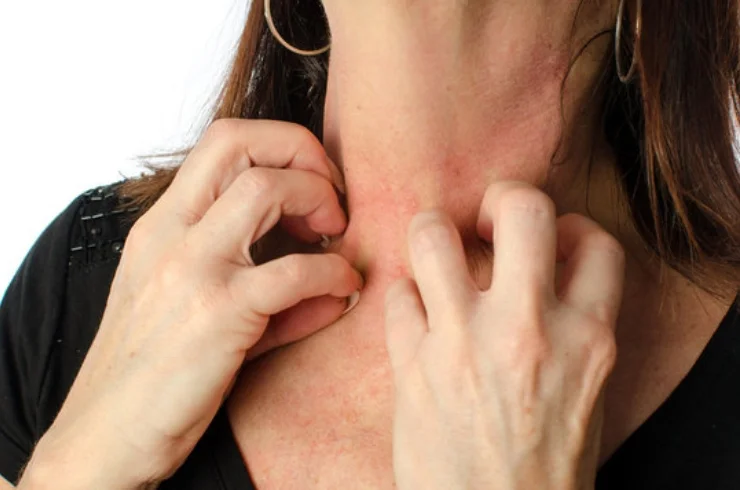
Allergy
Allergies occur when the immune system reacts to substances (allergens) like pollen, dust, pet dander, or certain foods. Symptoms may include sneezing, itching, rashes, or breathing difficulties. Treatment includes antihistamines and avoiding triggers.

Anemia
Anemia is a condition where the body lacks enough healthy red blood cells to carry adequate oxygen to tissues. Symptoms include fatigue, weakness, and pale skin. Treatment often involves iron supplements, diet changes, and addressing underlying causes.

Asthma
Asthma is a chronic respiratory condition where the airways become inflamed and narrow, causing difficulty breathing. Symptoms include wheezing, shortness of breath, and coughing. Treatment includes inhalers, medications, and avoiding triggers.
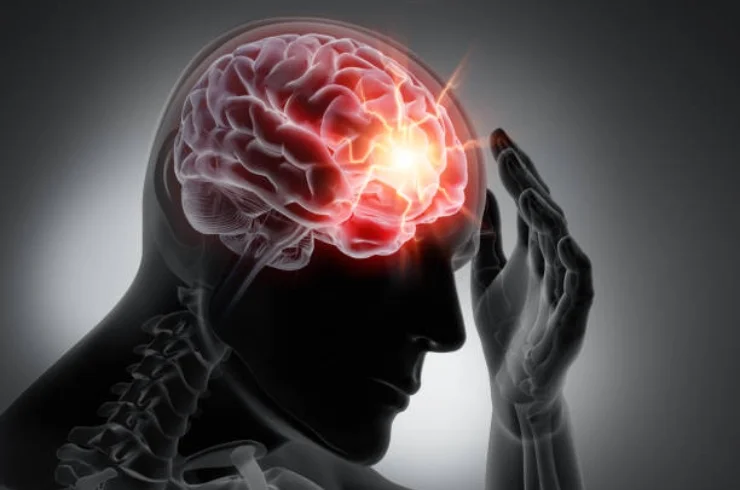
Brain Stroke
A brain stroke occurs when blood flow to part of the brain is interrupted, causing brain cells to die. Symptoms include sudden weakness, numbness, difficulty speaking, or vision problems. Prompt medical intervention is critical for recovery.
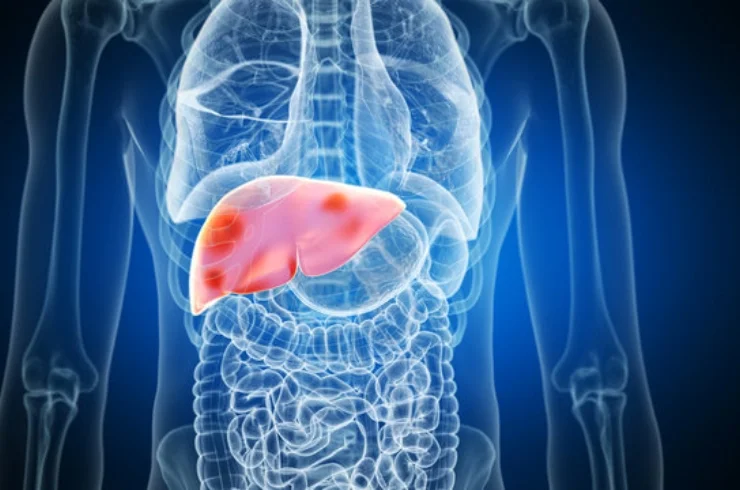
Chronic Liver Disease
Chronic liver disease is long-term liver damage caused by factors such as alcohol, viral infections, or fatty liver. Symptoms include fatigue, jaundice, and abdominal pain, requiring timely diagnosis and management.
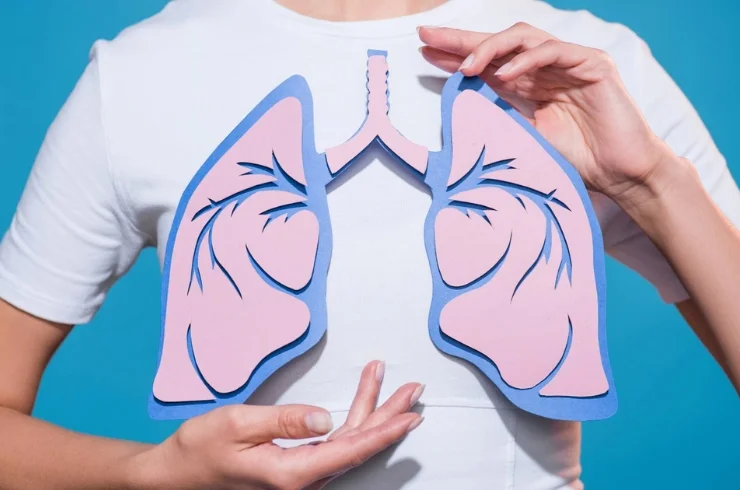
COPD
COPD is a progressive lung disease that causes breathing difficulties, typically due to long-term exposure to irritants like smoking. Symptoms include chronic cough, shortness of breath, and fatigue. Treatment focuses on managing symptoms and preventing flare-ups.

Cough & Cold
Cough and cold are common respiratory infections caused by viruses, leading to symptoms like coughing, nasal congestion, and a sore throat. Treatment focuses on symptom relief, hydration, and rest for recovery.

Dengue
Dengue is a viral infection transmitted by mosquitoes, causing symptoms like high fever, severe headache, joint pain, and rash. Early detection and supportive care are crucial for managing symptoms and preventing complications.

Diabetics
Diabetes is a condition where the body cannot regulate blood sugar properly. Symptoms include fatigue, excessive thirst, and frequent urination. Management includes medication, lifestyle changes, and monitoring blood sugar levels.

Fever
Fever is a temporary increase in body temperature, often due to infection or illness. Symptoms include chills, sweating, and body aches. Treatment focuses on relieving symptoms and addressing the underlying cause.

Headache
Headaches are common conditions characterized by pain in the head, often caused by stress, dehydration, or underlying medical issues. Treatment includes pain relievers, rest, and addressing the root cause of the headache.
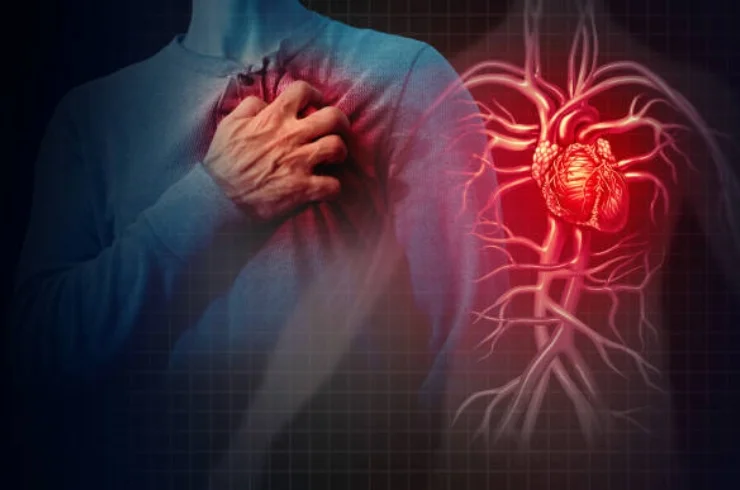
Heart Stroke
Heart stroke, also known as a cardiac stroke or brain attack, occurs when blood flow to the brain is disrupted due to a heart condition. Symptoms include sudden weakness, confusion, and difficulty speaking. Prompt medical attention is critical for recovery.
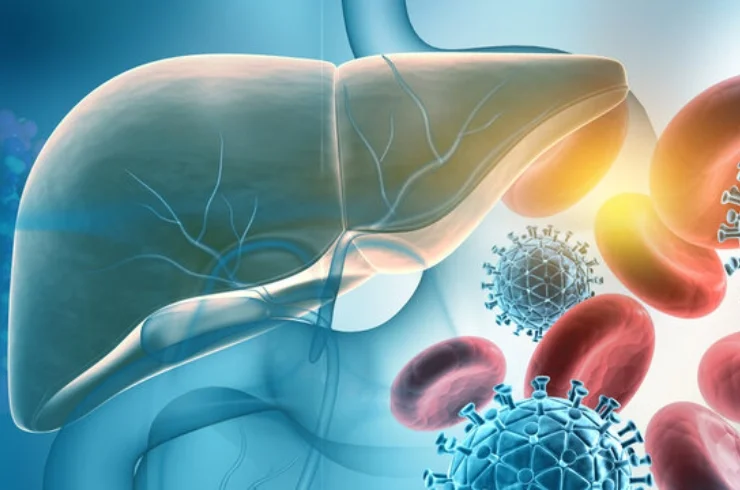
Hepatitis
Hepatitis is inflammation of the liver, commonly caused by viral infections (A, B, C), alcohol use, or certain medications. Symptoms include jaundice, fatigue, and abdominal pain. Early diagnosis and treatment are essential to prevent liver damage.

Hypertension
Hypertension, or high blood pressure, is a condition where the force of blood against artery walls is consistently too high. It can lead to heart disease, stroke, and kidney damage. Regular monitoring and lifestyle changes are essential for management.
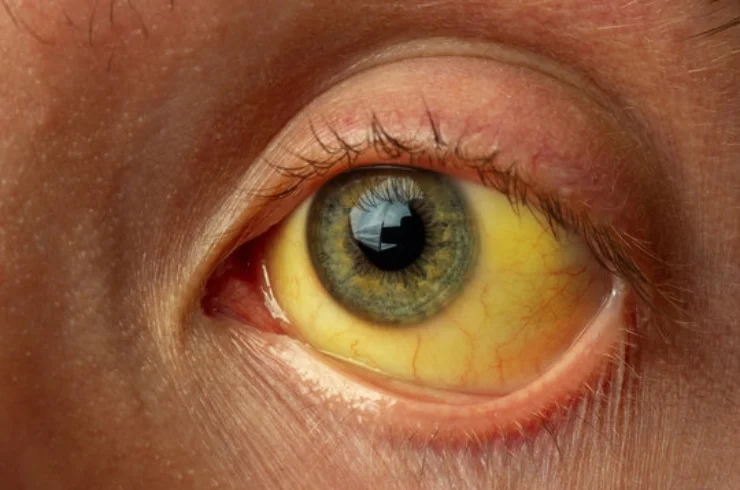
Jaundice
Jaundice is a condition characterized by yellowing of the skin and eyes, often due to liver dysfunction. It occurs when there is a buildup of bilirubin in the blood. Early diagnosis and treatment are crucial for managing underlying causes.

Joint Pains
Joint pain occurs when inflammation, injury, or wear and tear affects the joints, causing discomfort and limited mobility. It can be caused by conditions like arthritis, overuse, or injuries. Treatment involves medication, physical therapy, and lifestyle adjustments for pain relief and improved joint function.
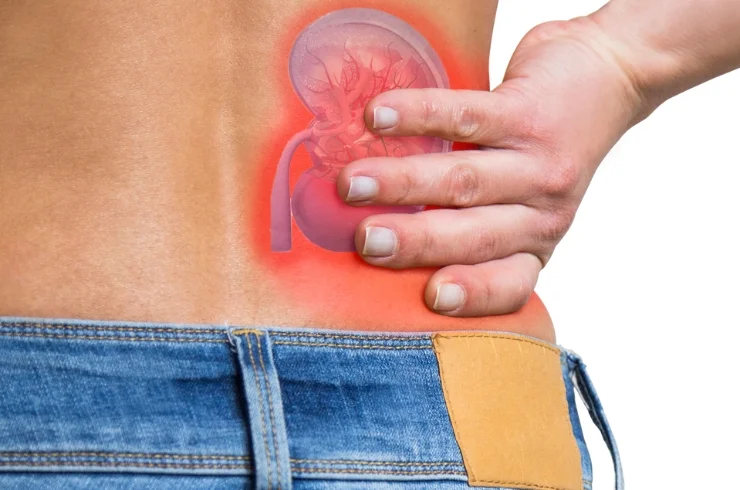
Kidney Diseases
Kidney diseases, such as chronic kidney disease (CKD) or kidney infections, impair kidney function, leading to complications like fluid retention, high blood pressure, and toxin buildup. Early diagnosis and management, including medication and lifestyle changes, are vital for preventing further damage.
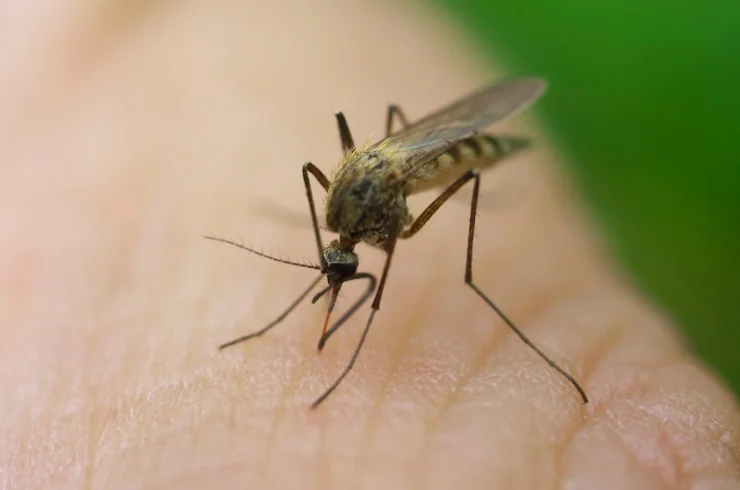
Malaria
Malaria is a mosquito-borne infectious disease caused by Plasmodium parasites. Symptoms include fever, chills, and flu-like illness. Prompt treatment with antimalarial medications is essential to prevent complications and reduce transmission.

Migraine
Migraine is a neurological condition characterized by severe, recurring headaches, often accompanied by nausea, vomiting, and sensitivity to light or sound. Treatment includes medication, lifestyle changes, and identifying triggers to manage symptoms effectively.

Obesity
Obesity is a condition characterized by excessive body fat, often resulting from poor diet, lack of exercise, and genetic factors. It increases the risk of heart disease, diabetes, and other health issues. Weight management through diet, exercise, and medical interventions is crucial for overall health improvement.
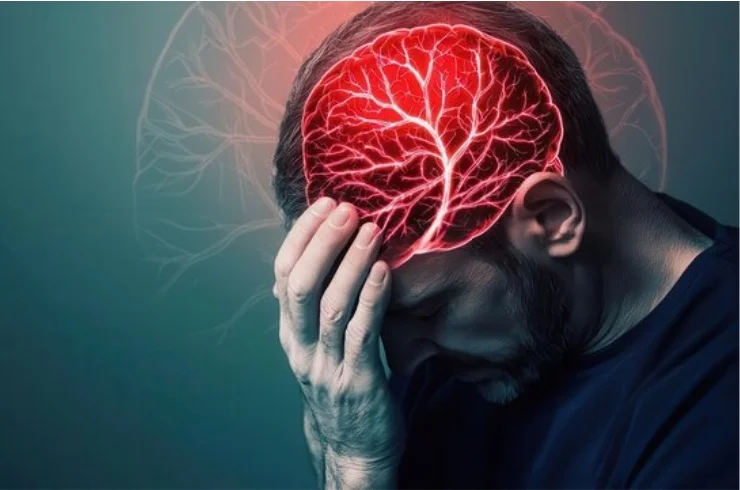
Seizure Disorder
Seizure disorder, also known as epilepsy, is a condition where abnormal brain activity causes seizures. Symptoms include involuntary movements, loss of consciousness, and altered sensations. Treatment typically involves antiepileptic drugs and lifestyle modifications to manage and prevent seizures.

Thyroid Disorder
Thyroid disorders, including hypothyroidism and hyperthyroidism, affect the thyroid gland's ability to regulate metabolism. Symptoms may include fatigue, weight changes, and mood fluctuations. Diagnosis involves blood tests, and treatment may include hormone replacement or medications to restore balance.

Urinary Tract Infection
A UTI is an infection in the urinary system, often caused by bacteria. Symptoms include painful urination, frequent urination, and pelvic pain. Prompt treatment with antibiotics is necessary to prevent complications and ensure recovery.
